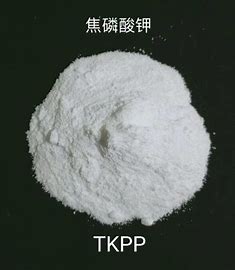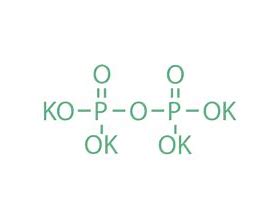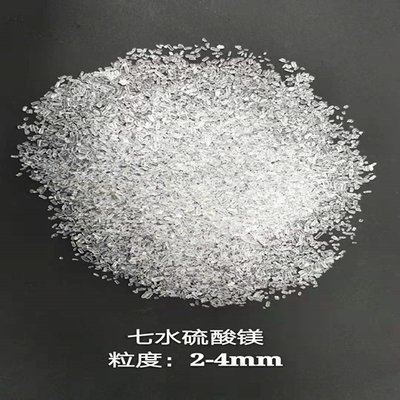what is something positive about sodium chloride
When you hear sodium chloride (NaCl), your mind probably jumps straight to “table salt.” And while that’s its most common form in our kitchens, reducing NaCl to just a seasoning vastly underestimates its incredible and multifaceted positive impacts.
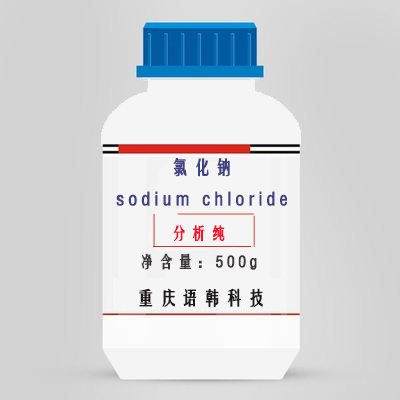
1. Sodium Chloride as an Essential Nutrient: Fueling Life
The human body, and indeed all animal life, cannot function without sodium chloride. It’s not just a “nice-to-have”; it’s an essential nutrient that our bodies cannot produce on their own, meaning we must get it from our diet.
- Electrolyte Balance and Hydration:Sodium chloride is the primary source of sodium and chloride ions, which are crucial electrolytes. These charged particles are vital for:
- Fluid Regulation: They help regulate the amount of water inside and outside our cells, maintaining proper hydration levels throughout the body. This is fundamental for nearly every bodily process, from nutrient transport to waste removal.
- Thirst Mechanism: Ever feel parched after a salty meal? Sodium chloride triggers thirst, prompting us to drink water when our bodies need it, thus preventing dangerous dehydration.
- Nerve and Muscle Function: Both sodium and chloride ions are critical for the proper functioning of our nervous system and muscles.
- Nerve Impulses: Sodium ions are key to the transmission of nerve impulses, acting like tiny electrical switches that allow our brains to communicate seamlessly with the rest of our bodies.
- Muscle Contraction: They play a direct role in initiating and sustaining muscle contraction, from the consistent beating of our hearts to the powerful movements of our limbs.
- Blood Pressure and Volume Regulation: While excessive sodium can contribute to high blood pressure in some individuals, too little can lead to dangerously low blood pressure (hyponatremia), causing dizziness, confusion, and even organ damage. Sodium helps regulate blood volume, which is essential for maintaining healthy blood pressure levels.
- Digestion and Nutrient Absorption:
- Stomach Acid Production: Chloride ions are a crucial component of hydrochloric acid (HCl), the primary acid in our stomachs. This acid is vital for breaking down food, killing harmful bacteria, and enabling the absorption of nutrients like iron and B12.
- Nutrient Transport: Sodium acts as a co-transporter, helping to move certain vital nutrients, like glucose (sugar) and amino acids (protein building blocks), from the digestive tract into our cells.
2. Sodium Chloride in Food: More Than Just Flavor
Beyond its indispensable role in our biology, sodium chloride is one of the oldest and most effective tools in food preparation and preservation, dating back thousands of years.
- Food Preservation: Historically, and even today, NaCl is a powerful natural preservative.
- Water Activity Reduction: Salt works by reducing the “water activity” in food. Essentially, it binds up the unbound water that microbes (like bacteria and mold) need to grow and thrive. This effectively inhibits the growth of spoilage bacteria and dangerous pathogens, significantly extending the shelf life of foods like cured meats (think bacon and jerky), pickles, and fermented vegetables.
- Osmotic Shock: High salt concentrations can draw water out of microbial cells (a process called osmotic shock), leading to their dehydration and ultimately their death or inhibited growth.
- Flavor Enhancement: While often overused in modern diets, salt in moderation is a culinary marvel. It enhances the natural flavors of food, balancing sweetness, sourness, and bitterness, and bringing out those irresistible savory (umami) notes. It’s one of the five basic human tastes (saltiness!) for a reason.
- Texture and Structure: In baking, a pinch of salt can strengthen gluten in doughs, contributing to a better, more elastic texture in bread. In cheese making, it not only adds flavor but also influences texture and helps control the complex fermentation processes.
3. Industrial and Commercial Applications: Building Our Modern World
The utility of sodium chloride extends far beyond the plate and the human body, playing an absolutely indispensable role in a vast array of industrial applications that underpin our modern infrastructure and daily lives.
- Chemical Manufacturing Feedstock: This is arguably its most significant industrial use. The electrolysis of sodium chloride solutions (commonly known as brine) is a cornerstone process that produces fundamental chemicals essential for countless other industries:
- Chlorine (Cl₂): Used extensively in municipal water purification (keeping our tap water safe), as a disinfectant, and in the production of plastics (like PVC, found in pipes and window frames), various solvents, and many pharmaceuticals.
- Sodium Hydroxide (NaOH – Caustic Soda): A powerful, strong base used in the manufacturing of soap and detergents, paper production, aluminum refining, and the textile industry.
- Hydrogen Gas (H₂): An emerging clean energy source and a crucial industrial raw material for processes like ammonia production.
- Road De-icing: When winter hits, NaCl (in the form of rock salt) is the most common and cost-effective material for melting snow and ice on roads, sidewalks, and driveways. It works by lowering water’s freezing point, significantly improving winter safety and maintaining transportation networks.
- Water Softening: In regions with hard water, sodium chloride (typically as salt pellets or blocks) is used in home and industrial water softeners. It works through an ion-exchange process, effectively removing hardness-causing minerals like calcium and magnesium ions, which prevents costly scale buildup in pipes, appliances, and industrial equipment.
- Pharmaceutical and Medical Applications:
- Saline Solutions: Isotonic saline (a 0.9% NaCl solution) is a cornerstone of modern medicine.
- Nasal Sprays and Contact Lens Solutions: Used for cleaning, rinsing, and disinfecting due to its osmotic properties and mild antimicrobial action, providing gentle yet effective hygiene.
- Wound Cleaning: Sterile saline is the preferred solution for cleaning wounds, as it’s gentle on damaged tissue and helps remove debris without causing irritation.
- Oil and Gas Drilling: High-concentration brine solutions (NaCl water) are used as drilling fluids to control pressure in wells, stabilize wellbores, and lubricate drilling heads, ensuring efficient and safe extraction operations.
- Textile Industry: Beyond its role in bleaching, salt is also used in dyeing processes to help fix dyes to fabrics, ensuring vibrant and long-lasting colors.
- Leather Tanning: Salt is applied to fresh animal hides to cure them, preventing decomposition before the actual tanning process begins.
Conclusion: A Simple Compound, Profound Impact
Often taken for granted, or sometimes even viewed with undue caution due to dietary concerns, sodium chloride (NaCl) is, in fact, a remarkably positive and utterly indispensable compound. From its fundamental role as an essential nutrient that meticulously keeps our bodies functioning, enabling vital nerve signals and maintaining perfect hydration, to its ancient and modern applications in food preservation, and its foundational status as a raw material in the chemical and industrial sectors, NaCl quietly underpins much of our modern world. Understanding these diverse and vital benefits paints a much richer and more accurate picture of this seemingly simple, yet profoundly impactful, chemical.
Frequently Asked Questions (FAQ)
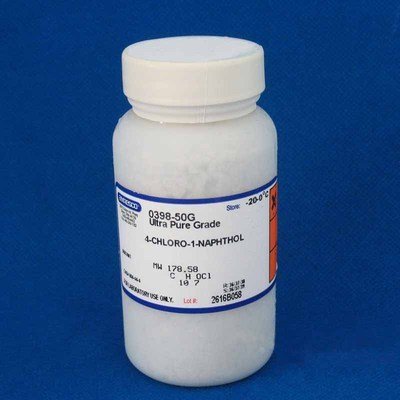
- Is sodium chloride good for your body? Yes, sodium chloride is an essential nutrient vital for human health. It provides sodium and chloride ions, which are crucial electrolytes needed for proper nerve function, muscle contraction, maintaining fluid balance, and producing necessary stomach acid for digestion.
- What are some common positive uses of sodium chloride in industry? In industry, sodium chloride is primarily used as a raw material to produce fundamental chemicals like chlorine and sodium hydroxide. It’s also widely used for de-icing roads in winter and for water softening in homes and industries.
- How does sodium chloride help preserve food? Sodium chloride preserves food by reducing its “water activity.” This means it binds up the water molecules that microbes need to grow, effectively inhibiting the growth of spoilage bacteria and pathogens, which extends the food’s shelf life.
- Can sodium chloride be harmful? While essential for life, consuming sodium chloride in excessive amounts can be harmful, primarily by contributing to high blood pressure in sensitive individuals. The key is balance – getting enough for optimal bodily functions without overdoing it.
- What is the difference between table salt and sodium chloride? Table salt is predominantly sodium chloride (NaCl), usually with added anti-caking agents and sometimes iodine. Chemically, sodium chloride refers specifically to the pure NaCl compound itself, regardless of its form or additives.
Contact us:https://www.yuhanchemi.com/contact

